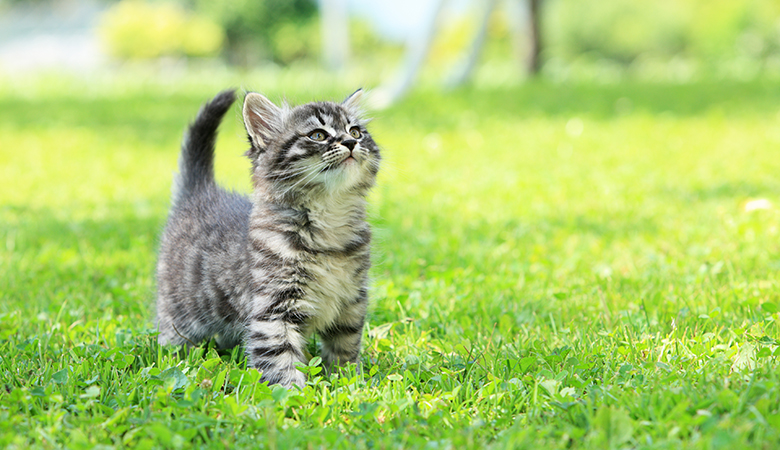My kitten has diarrhoea, what should I do?
Written by Noa |
Kittens are adorable and playful little creatures, but just like humans, they can suffer from gastrointestinal issues. Diarrhoea in kittens is not uncommon and may sometimes be accompanied by vomiting. If you're wondering what to do when your kitten has diarrhoea, you're in the right place. In this blog, we’ll explore the possible causes of diarrhoea and share tips on how to help your kitten.

Why does your kitten have diarrhoea?
To respond effectively to diarrhoea, it’s important to understand the possible causes. Here are some common reasons why your kitten may be experiencing diarrhoea:
- Diarrhoea caused by stress: The transition from the litter to a new home can be stressful for a kitten, which may lead to diarrhoea. Provide a calm environment and give your kitten time to adjust to the new surroundings.
- Change in diet: Introducing different food can upset a kitten’s sensitive digestive system. A gradual transition to new food over a period of 7 days is recommended to help prevent diarrhoea.
- Ate something unusual: Curious kittens often like to taste everything. Make sure your home is kitten-proof to avoid accidents.
- Parasites: Worms and other parasites can cause diarrhoea. Regular deworming is essential for your kitten’s health.
- Stomach flu: Just like humans, kittens can catch viruses, especially when their environment changes. Watch for symptoms and contact your veterinarian if you are in doubt.



